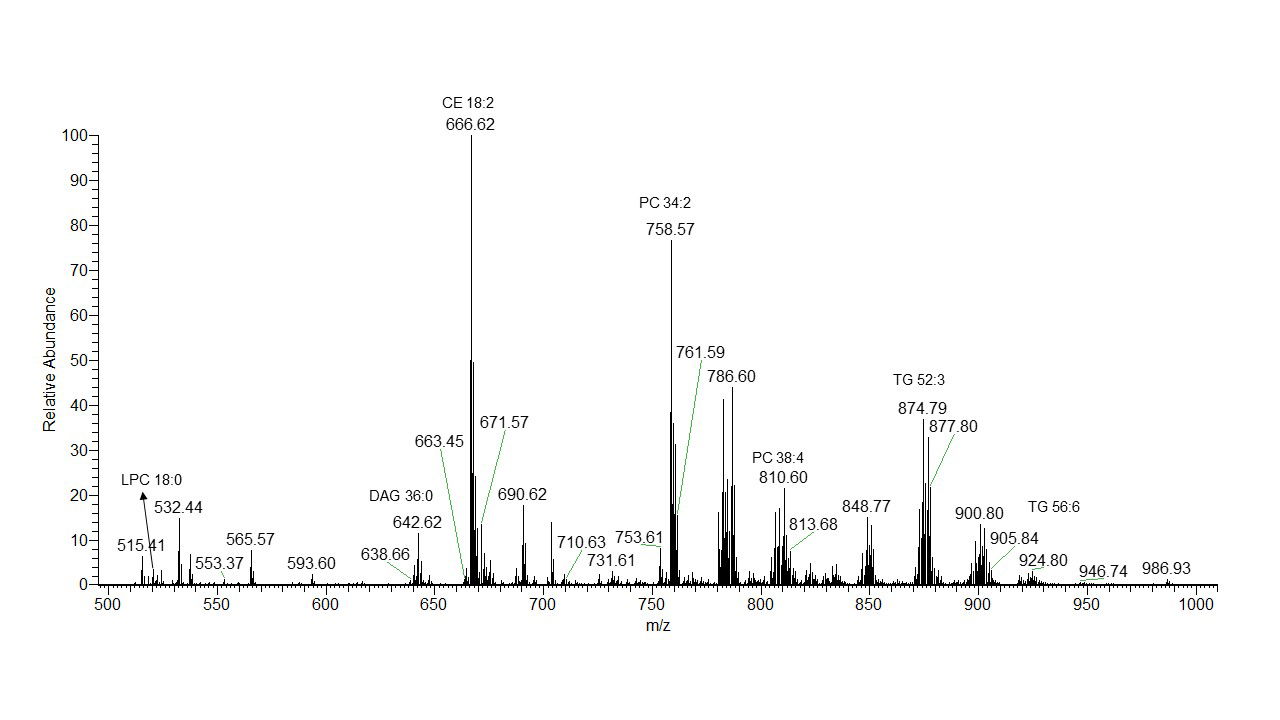Lysosomal Lipid Metabolism and Neurodegeneration

Increasing evidence points to the contribution of endosome and lysosome dysfunction in the development of many neurodegenerative diseases, including amyotrophic lateral sclerosis (ALS) and frontotemporal dementia (FTD). We study metabolism of the endo-lysosomal system, focusing on how it regulates the metabolism of membrane lipids, in particular sphingolipids. We are testing the hypothesis that accumulation of toxic sphingolipids and glycosphingolipids leads to neurodegeneration in diseases such as ALS, FTD, and other neurodegenerative diseases.
Boland, S. Swarup S, Ambaw Y.A, Richards R.C, Fischer A.W, Singh S. Aggarwal G, Spina S, Nana A.L, Grinberg L.T, Seeley WW, Surma MA, Klose C, Paulo JA, Nguyen AD, Harper JW, Walther TC**, Farese RV Jr.** (2022) Deficiency of the frontotemporal dementia gene GRN results in gangliosidosis. Nat Comm. 13(1):5924Petit CS.et al. (2020) Inhibition of sphingolipid synthesis improves outcomes and survival in GARP mutant wobbler mice, a model of motor neuron degeneration. Proc Natl Acad Sci U S A. 117(19):10565-10574
Nguyen AD. et al. (2018) Murine knockin model for progranulin-deficient frontotemporal dementia with nonsense-mediated mRNA decay. Proc Natl Acad Sci U S A. 115(12): E2849-E2858.
Fröhlich, F. et al. (2015) The GARP complex is required for cellular sphingolipid homeostasis. Elife 4:e08712.
Martens, L.H. et al. (2012) Progranulin deficiency promotes neuroinflammation and neuronal loss following toxin-induced injury. J. Clin. Invest. 122(11): 3955-3959.